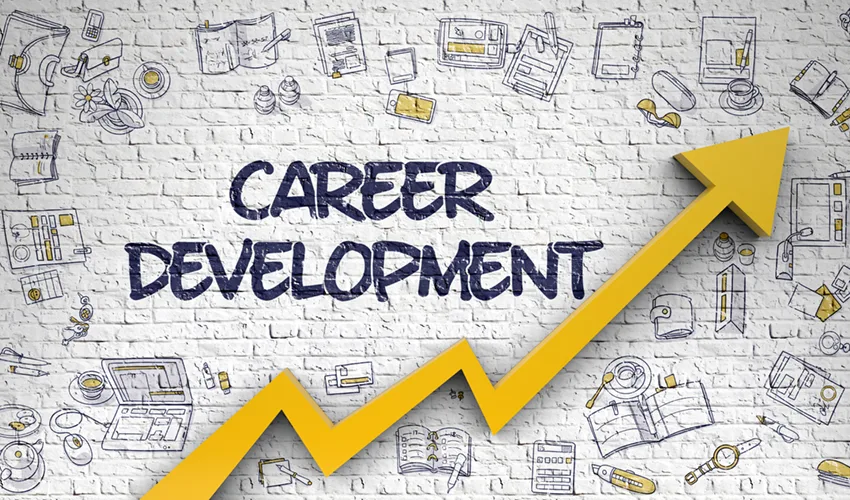Career development is a lifelong journey of learning, growth, and self-improvement. It involves setting career goals, acquiring new skills, gaining experience, and adapting to industry changes. Whether you’re just starting your career or looking for ways to advance, a structured approach to career development can help you achieve long-term success.
Understanding Career Development
Career development is more than just finding a job; it’s about shaping a fulfilling and sustainable career. A career is a long-term pursuit that aligns with your skills, interests, and values. In contrast, a job is a temporary position that helps you earn income.
The Role of Career Planning
Career planning helps individuals map out a path to achieve their professional goals. It includes assessing personal interests, setting clear objectives, and identifying the necessary skills to reach those objectives.
Setting Career Goals
Setting clear career goals ensures that you stay focused on your professional journey.
Short-term vs. Long-term Goals
- Short-term goals: Achievable within months or a few years (e.g., learning a new skill, networking).
- Long-term goals: Focus on long-term career aspirations (e.g., becoming a manager, starting a business).
Essential Skills for Career Growth
Career growth requires both hard and soft skills.
Hard Skills vs. Soft Skills
- Hard skills: Technical abilities related to your industry.
- Soft skills: Communication, leadership, teamwork, adaptability.
Education and Continuous Learning
Education plays a critical role in career success. Continuous learning keeps you competitive in the job market. Online courses, certifications, and books are great ways to stay ahead.
Building a Professional Network
A strong professional network opens up new opportunities. Utilize LinkedIn, attend industry events, and connect with professionals in your field.
Gaining Work Experience
Internships, volunteering, and freelancing are excellent ways to gain relevant experience.
Career Advancement Strategies
Seeking promotions, negotiating salaries, and excelling in your role can help advance your career.
Personal Branding and Resume Building
A strong resume, cover letter, and online presence (LinkedIn, personal website) are crucial for career development.
Overcoming Career Challenges
Job loss, workplace conflicts, and work-life balance issues are common challenges. Learning how to navigate these challenges is essential.
Conclusion
Career development is a continuous process that requires planning, learning, and adapting. By setting goals, developing skills, networking, and staying updated, you can achieve long-term career success.
FAQs
- Why is career development important?
Career development helps individuals achieve their professional goals, increase job satisfaction, and secure financial stability. - How can I set realistic career goals?
Use the SMART method (Specific, Measurable, Achievable, Relevant, Time-bound) to set achievable career goals. - What are the best ways to gain experience in a new field?
Internships, volunteering, online courses, and freelance projects can help you gain relevant experience. - How do I overcome career stagnation?
Learn new skills, seek mentorship, explore new job opportunities, or consider a career change. - Is networking really important for career growth?
Yes, networking opens doors to job opportunities, career advice, and professional development resources.

